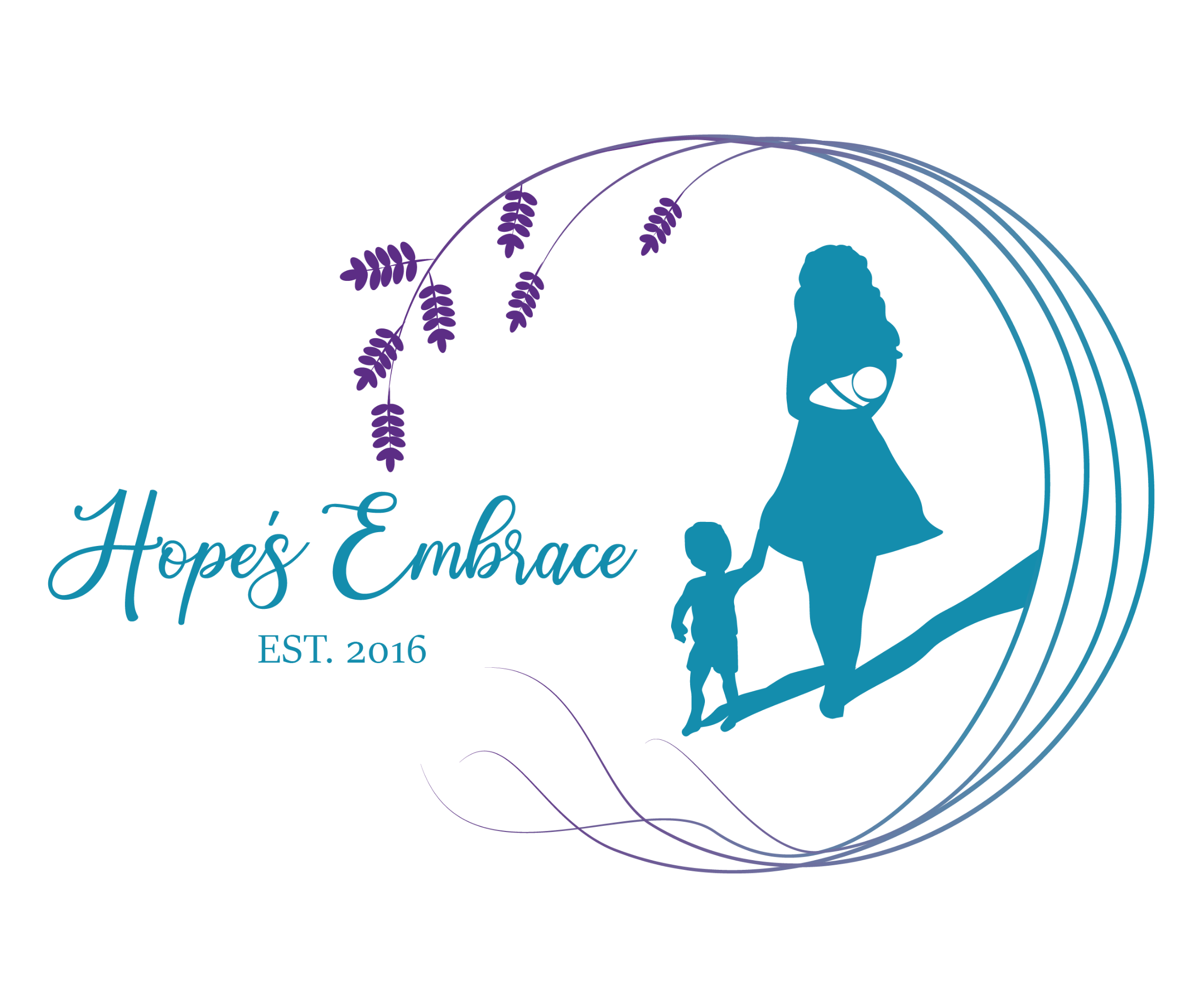
The story is all too common. A mom and dad have a baby and both parents become sleep deprived with the new little one running the show. There is a change of hormones in both parents and they may feel internal or external pressure about becoming a parent. For women these things and more can contribute to feelings of postpartum depression, but for far too long we’ve ignored the dads.
Let me say this loud so the people in the back can hear me: Dads CAN and DO get postnatal depression. In fact, up to half of men who have partners that are experiencing postpartum depression are depressed themselves. The number one risk factor for a dad having postnatal depression is a partner with postpartum depression. The biggest issue facing our families is that it’s often missed, undiagnosed, or shoved under the rug. Our men may need help and it’s time we start talking about it.
Hope’s Embrace strives to provide support for the entire family unit and this means helping mom, dad, and children. Some of the families we have worked with in the past have had both partners experiencing postpartum issues, but it’s typically only the women who are treated. The biggest reason for this, we have personally seen, is that there is a stigma surrounding mental health in men especially. The second biggest reason we have witnessed is that men don’t know the signs and symptoms and neither do the women.
Paternal postnatal depression (PPND) is a fairly recent thing being studied. There appears to be a large correlation between the mother being depressed and the father also being depressed. The following symptoms are common amongst men and women:
· Depressive episodes that last for longer than two weeks in the postpartum period
· Loss of interest in activities
· Significant weight loss or gain
· Fatigue or loss of energy
· Insomnia or hypersomnia
· Feelings of worthlessness or guilt
· Severe anxiety
· Inability to concentrate, and
· Thoughts of self-harm or suicide
This is not to say each mother or father experiences ALL of these symptoms, rather men and women can both experience these with postpartum depression. There are some symptoms that are unique to men. These include:
· Irritability
· Indecision
· Impulsivity
· Violent behavior
· Avoidance behavior
· Substance abuse
Again, this is not to say women cannot experience these, but that they are more unique amongst men.
When ignored or left untreated, PPND can fester and result in long-term consequences for you, your kids, and your marriage. You can find an assessment here. Research has shown us that mental health clinicians are less likely to correctly diagnose depression in men so it’s important to find someone that specializes in treating men and depression.
Paternal postnatal depression can look differently in different people. If you believe you are struggling please talk to a care provider for treatment options. Your partner’s midwife or obstetrician may be a good place to start. Postpartum Dadsand PSI Resources for Fathersare also some good starting places.

Recent Comments